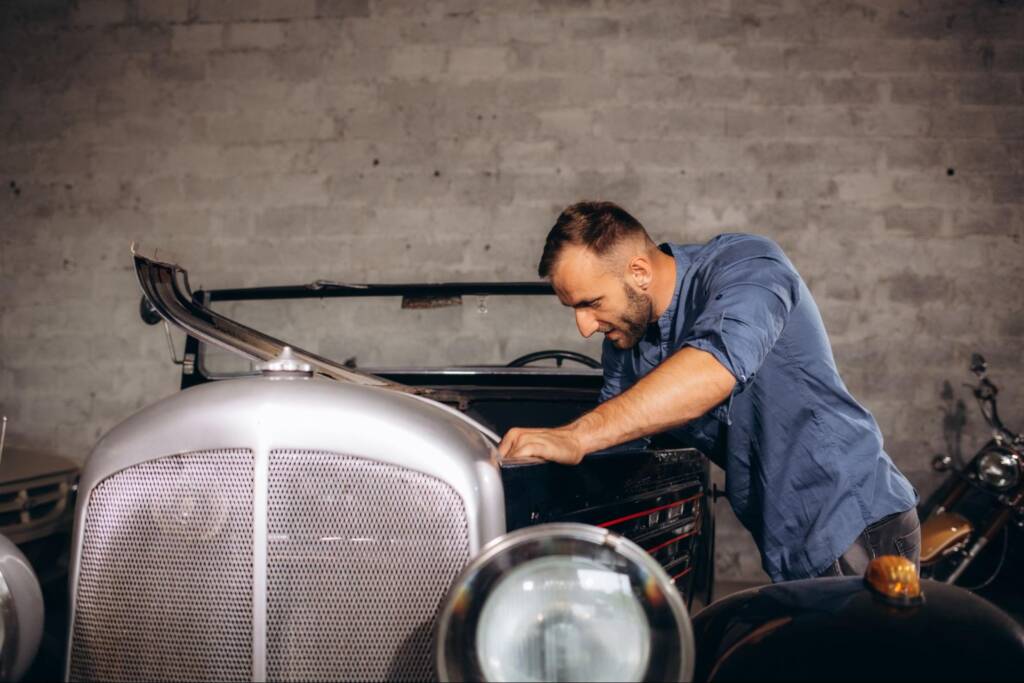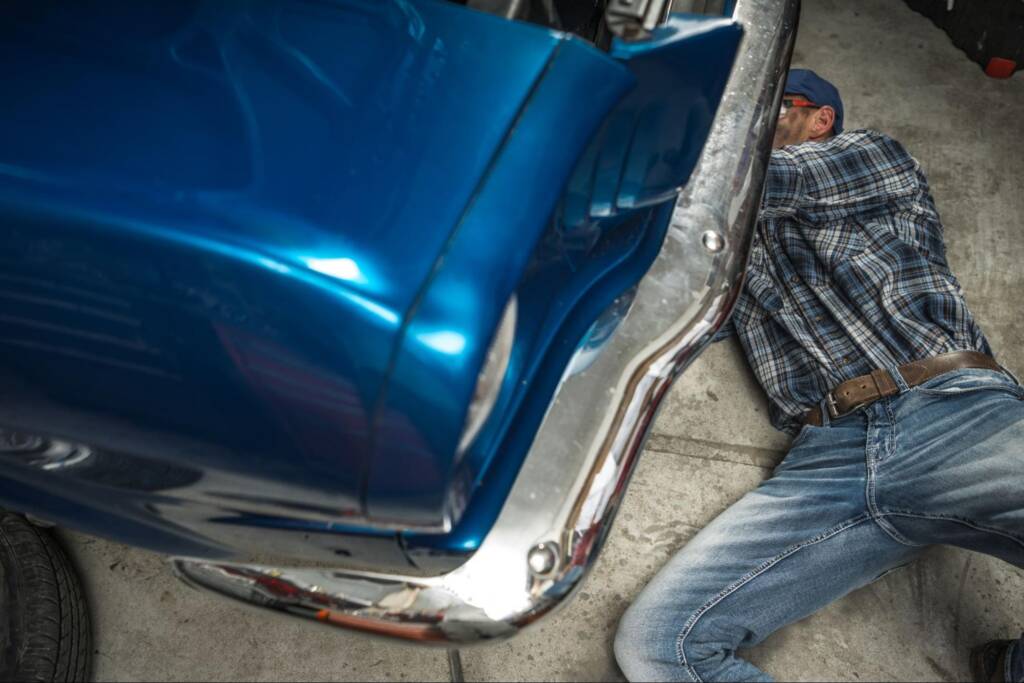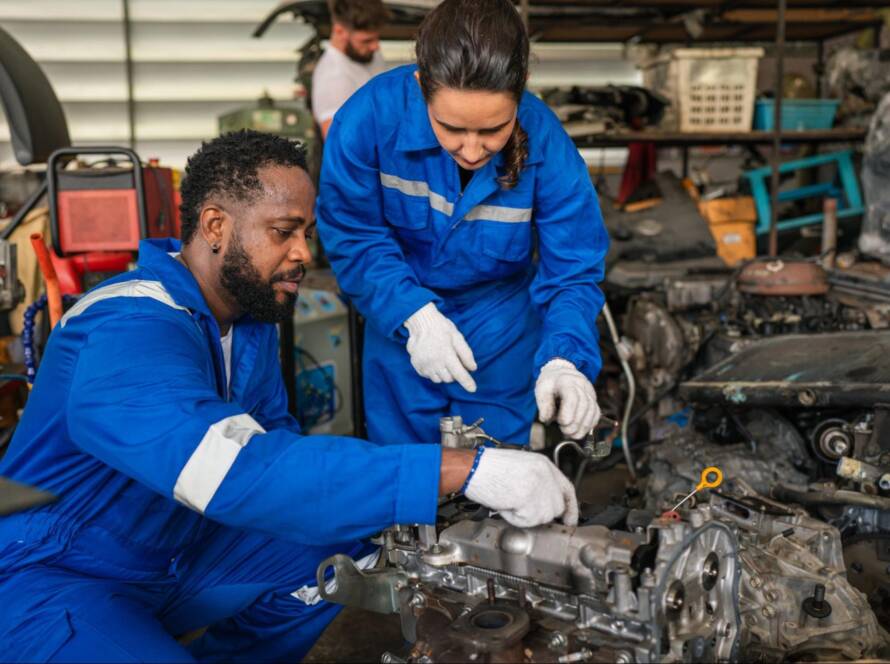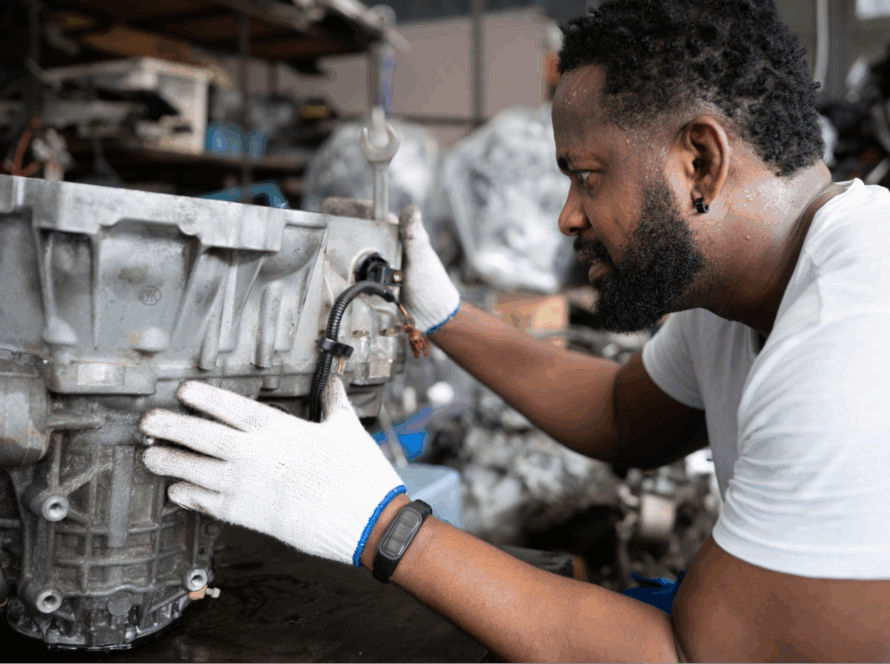Restoring a high-mileage vehicle isn’t just about preserving a car. It’s often about holding onto memories, values, and the satisfaction of keeping something running that still has more to give. Many drivers aren’t ready to part with vehicles that have served them well for years. But when engines start showing signs of age, decisions get harder. Getting it right means trusting someone who can breathe new life into worn-out parts.
Why Engine Rebuilders Are Key to Restoration Success
You don’t need to be a gearhead to value what’s under the hood. An aging engine doesn’t just lose power—it loses what made it worth keeping. Restoring that potential takes more than off-the-shelf fixes. That’s where engine rebuilders step in with precision and purpose.
Engine Rebuilders Extend the Life of Aging Vehicles
As vehicles cross the 150,000-mile mark, the wear shows deep in the engine. You may notice less power, rough starts, or oil burning. Instead of jumping to replace the whole engine or scrapping the vehicle, engine rebuilders provide a practical fix. They restore what matters inside the block without erasing the car’s history.
Rebuilding Prevents Total Engine Replacement
Replacing an engine is expensive, and new engines often cost more than the car is worth. Engine rebuilds focus on saving the original block by replacing worn internal parts. They clean and inspect every piece, often machining them to better-than-factory specs. This targeted approach keeps the car running without the considerable expense of a brand-new engine. It’s how many older vehicles stay on the road without breaking the bank.
Restoring Lost Power and Fuel Efficiency
High-mileage engines lose compression, which leads to poor power and sluggish response. Rebuilders fix this by reconditioning cylinders, pistons, and valve trains. Once rebuilt, an engine can regain its original horsepower and fuel economy. That means fewer gas station stops and a smoother driving feel. It’s a performance upgrade rooted in restoration for everyday drivers or car lovers.
Engine Rebuilders Provide Diagnostics and Solutions
High-mileage engines suffer more than wear—they often hide deeper issues. That’s where a skilled engine rebuilder steps in with experience and specialized tools. Instead of replacing everything mindlessly, they analyze what’s wrong and tailor solutions. The result is a smarter, longer-lasting repair.
Accurate Assessment of Internal Engine Damage
A misfire or oil leak doesn’t always have one clear cause. Rebuilders take the engine apart and examine each piece. They use pressure testing, visual inspection, and micrometers to check tolerances. This level of care prevents wasted time and unnecessary parts swapping. It also means a rebuild specific to your engine’s history and condition.
Custom Machining and Parts Matching
Off-the-shelf parts don’t always fit old engines perfectly. Engine rebuilders machine crankshafts, align bores, and resize pistons to fit your engine precisely. They match internal components to work together smoothly, improving longevity. This custom-fit approach reduces friction and wear in the long run. You get a stronger engine built for your car’s specific needs.
Engine Rebuilders Preserve Vehicle Value and History
Restoration isn’t just about performance but what the vehicle represents. Older cars carry stories, craftsmanship, and sometimes collector value. Replacing the engine can strip that away. Engine rebuilders help keep what’s original while making it dependable again.
Preserves Original Engine Blocks for Restorations
Matching engine numbers is a big deal in the collector world. A rebuilt original block maintains the car’s authenticity and value. Engine rebuilders can restore these blocks to near-new condition while preserving their identity. It matters most with muscle cars, vintage trucks, and imports. Keeping the original engine intact is often the difference between a driver and a showpiece.

Environmental and Legal Benefits of Rebuilding
New engines require manufacturing and shipping, which adds to pollution. Rebuilding reuses most of the original engine, reducing waste. It’s a greener solution that avoids unnecessary disposal of metal and fluids. Some states also require emissions compliance tied to original equipment. A properly rebuilt engine helps meet those standards while keeping the car legal.
Engine Rebuilders Save You Money Over Time
Rebuilding may cost less upfront than a new engine, but the savings go further. It reduces future repair bills and avoids compatibility headaches. Instead of gambling on junkyard engines or unproven swaps, a rebuild gives long-term confidence. The money you save keeps your restoration budget in check.
Long-Term Cost Benefits Compared to Engine Swaps
Engine swaps often involve rewiring, mounts, cooling upgrades, and tuning. That’s on top of buying the engine itself. Rebuilders work with your existing system, avoiding extra labor and parts. The result is fewer surprises and faster turnaround. You invest once and get more back in return.
Provides Reliable Warranty Support
A good rebuilder stands behind their work with solid warranties. Many offer coverage on both parts and labor, sometimes rivaling new engine guarantees. You also get access to support if something goes wrong after installation. That kind of trust doesn’t come with online parts or secondhand motors. It’s personal, professional, and proven.
Rebuilders Handle Both Modern and Vintage Engines
Not all engines are created equal, and neither are their rebuilds. Rebuilders today work on everything from carbureted classics to turbocharged modern powerplants. The techniques, tools, and tolerances vary widely between engine generations. A skilled rebuilder can switch between both without compromising quality or reliability.
Rebuilding Modern Engines Requires Advanced Knowledge
Modern engines are complex systems with sensors, electronics, and precision components. Variable valve timing, direct fuel injection, and turbocharging are common even in commuter cars. Rebuilders must navigate these systems while maintaining the engine’s core mechanical integrity. That often means reprogramming ECUs, matching cam phasers, or recalibrating timing chains. These aren’t plug-and-play jobs—they require a mix of mechanical skill and digital expertise.
Older Engines Demand Craftsmanship and Rare Parts
Working on older engines is often less about high tech and more about hands-on skills. These engines need precision machining and part matching with limited factory support. Rebuilders usually chase down discontinued parts or fabricate replacements. Many use original factory service manuals and vintage tools to restore these engines properly. The work demands patience, technique, and deep experience with motors built decades ago.

Engine Rebuilders Prevent Major Engine Failure
Engine wear doesn’t stay contained—it spreads, damages other systems, and raises repair costs quickly. Drivers who ignore early signs often find themselves stuck with major engine damage. That’s when rebuilding stops being optional and becomes urgent. Engine rebuilders help prevent those worst-case scenarios by catching problems before they blow the engine apart.\
Skipping Rebuilds Leads to Costly Engine Damage
An old engine left unchecked doesn’t just wear—it breaks things around it. Overheated engines can warp cylinder heads, ruin gaskets, and damage cooling systems. Blown pistons or rods can wreck the transmission bell housing or mounts. Even small oil leaks can fry sensors and wiring over time. Rebuilders don’t just save the engine—they stop a domino effect of expensive failures.
Warning Signs That Demand Immediate Rebuilding
If your car loses oil or coolant with no visible leak, trouble is building inside. Thick smoke from the exhaust often means internal seals are gone. A sharp ticking or knocking under the hood can signal worn bearings or valve problems. Any of these signs point to deeper wear that a tune-up won’t fix. Engine rebuilders step in at this stage to restore performance and prevent total failure.
Rebuilders Fix What Quick Repairs Fail to Solve
Additives, stop-leak products, and cheap patch jobs only delay the inevitable. They might mask symptoms, but they don’t fix internal damage. Rebuilders take the engine apart, inspect every component, and replace machine parts that show wear. That level of work restores balance, compression, and efficiency that shortcuts can’t match. It’s not just a fix—it’s a reset button for the engine.
Why Trusting Engine Rebuilders is a Smart Choice
Restoring a high-mileage car means choosing people who know how to bring the best out of what’s already there. Engine rebuilders aren’t just repair techs—they specialize in breathing new life into tired machines. They understand engines like artists understand their tools. That’s the kind of skill you want under your hood.
Choosing the Right Rebuilder Makes All the Difference
Not all rebuilders are created equal. Look for ones with certifications like ASE or years of local reputation. Ask if they do in-house machining or outsource key steps. An actual engine rebuilder handles the job from teardown to final torque. Finding one who speaks your car’s language makes the whole project smoother.
Building Relationships That Go Beyond the Repair
Engine rebuilders don’t just solve a mechanical issue; they help you preserve something personal. Many offer advice, post-repair support, and honest communication throughout the rebuild. That trust builds confidence and turns one-time fixes into lasting partnerships. Whether it’s your first car restoration or your fifth, working with someone who knows your vehicle inside and out pays off. It’s not just about fixing the engine—it’s about knowing who to count on next time.
The Road Ahead Runs Better With Engine Rebuilders
Every mile you drive on a failing engine steals something you could save. That slow loss of power, occasional knock, and oil light that flickers all add up. Engine rebuilders don’t just fix what’s broken; they recover what matters before it disappears. Don’t wait for failure to force your hand if you’re holding onto a vehicle with more to give. Rebuilding isn’t just about parts—it’s a decision to keep control, restore value, and make your car worth driving again.
Ready to dig deeper into smart vehicle restoration? Head over to the Dark Night Specialties blog and start with what matters most—your engine.



